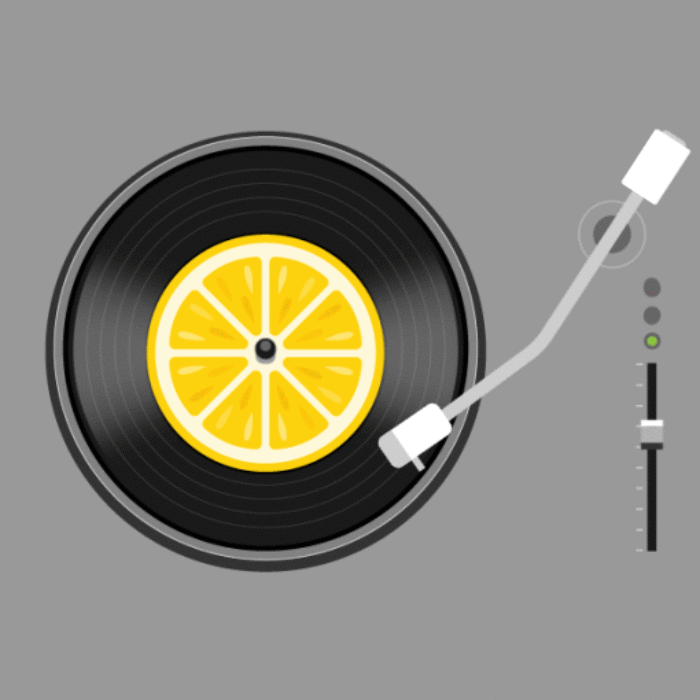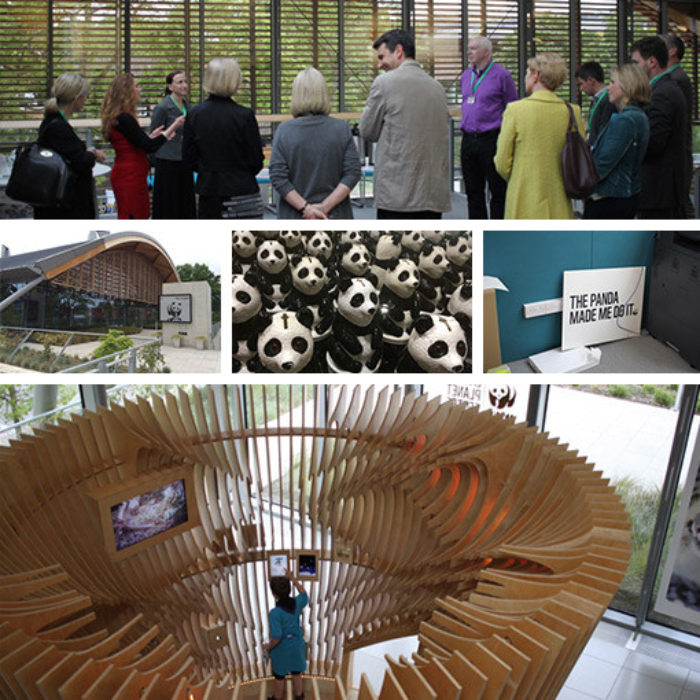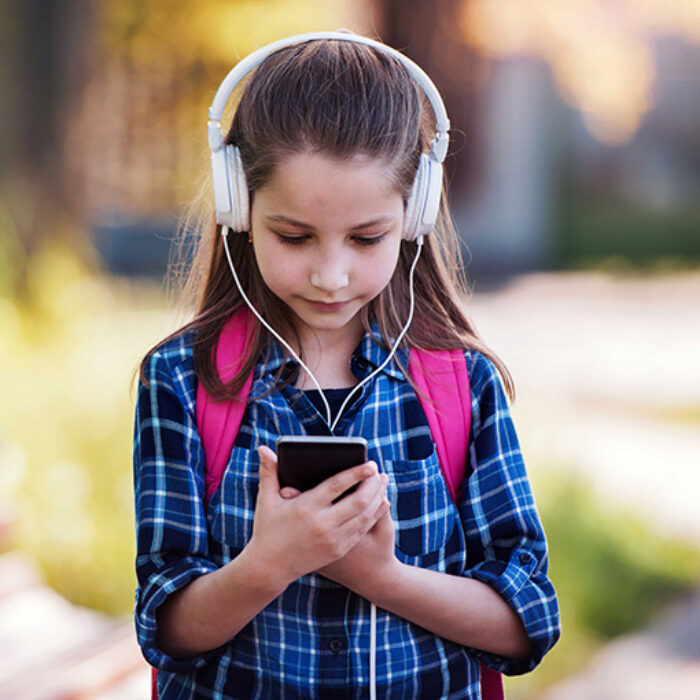3 behavioural insights to encourage fairness and equality
We are hardwired to be fair. Many of our choices are motivated by our social preference for equal outcomes. We feel “inequity aversion1” when we see unequal payoffs, and can be willing to forego a gain in order to prevent another person from receiving a superior reward.
No appetite for the inequitable
The Ultimatum Game2 shows this in practice. Played by two people, the ‘proposer’ has to propose how a sum of money should be divided with ‘the responder’, who can either accept or reject the offer. But if the offer is rejected, nobody gets any money.
Although rationally the proposer should offer the minimum, and the responder should accept anything rather than nothing, proposers typically offer 40–50%, and responders reject offers of less than 20%. Notably, people are often willing to pay a penalty to be given the opportunity to punish a player who behaves selfishly, even if they are not playing the game but merely watching it.
Across the world, it is clear that there is no appetite for inequitable, unfair policies that benefit the few at the expense of the many. People are taking back power and taking to the streets to demand fair wages, affordable housing, food, energy and resource security, protections for nature and our planet, whilst the climate crisis is increasingly challenging our collective ability to meet our most basic needs.
This is no ‘crisatunity3’
According to the World Economic Forum’s September 2022 Chief Economists Outlook4, the world is at a point of “significant economic danger”, with more than half of 198 countries surveyed at increased risk of civil unrest tied to the cost of basic necessities, whilst the World Bank has predicted that 2022 will be one of the worst years for global poverty since the turn of the century.
The latest British Social Attitudes5 report showed that recognition of inequalities is at a level not seen since the 1990s; 67% of the British public felt that ordinary working people do not get their fair share of the nation’s wealth and 52% said government should increase taxes and spend more on health, education and social benefits. Enough said.
Against this backdrop, here are 3 behavioural insights to promote more fairness and equality:
1. Increase observability and enforcement
Increasing the visibility of behaviour maximises the reward of “good” social modelling and the punishment for “bad” behaviour, because we want to look good in front of others.
At a time of megadrought in California, water authorities have issued mandatory cutbacks enforceable with fines, however these have been ignored by some rich and famous celebrities. To show that the super-rich are treated the same as everyone else, the water authority has placed ‘flow restrictors’ on wasteful celebrity mansions, and published lists of those violating the rules and taking more than their fair share.
Even Madonna, the original Material Girl, is being forced to cut back6. Interestingly, the intervention also uses a commitment device – people can avoid having a restrictor by simply signing a pledge to reduce their use. A similar strategy was used in Cape Town to avoid Day Zero – a digital water map of the city showed individual houses using more than their share.
2. Use storytelling to build empathy and harness emotion
Many studies have shown that people with high levels of cognitive and emotional empathy find it easier to cooperate with and help others. Reading fictional narratives has been shown to increase empathy, whilst messages delivered as stories have been found to be 22 times more memorable than facts7. Stories build an emotional connection, as exemplified by the annual John Lewis Christmas advertisement.
However whilst it may be tempting to pull at the heartstrings, it’s worth knowing that different emotions evoke different responses; anger at unfairness prompts action (strikes, civil unrest), whilst sadness is passive and does not.
Controversially, Gillette’s ‘We Believe: the best men can be’ commercial promoted equality by telling stories of positive masculinity in the face of the #MeToo movement, showing men intervening to stop fights, bullying and sexual harassment. The campaign was either loved or hated, sparking global media coverage and huge attention8.
3. Build reciprocity: show you treat others how you wish to be treated
Reciprocity is a type of social norm that suggests we reward the positive actions of others with equally positive behaviours, and punish negative actions with negative behaviours9. It can be seen as a strategy to guilt trip people to get what you want (e.g., a. salesperson giving a potential customer a freebie up front in the hope it will return a sale), or it can be used to drive pro-social behaviours. In a randomised control trial with over a million people, BIT found the reciprocity message “If you needed an organ transplant, would you have one? If so, please help others.” was the most effective, increasing sign-ups to the NHS Organ Donor Registry by 38% (96,000 additional registrations)10.
In the workplace, an experiment assessed how reciprocity played a part in choice and the amount of effort11 employees made. The experimental employer was asked to create a wage contract that included a set wage, a desired effort level and a minimum required level from the employee. While the employee could then choose their effort level, the employer was bound to pay them the agreed wage.
Employers made generous contract offers, and 14% of the workers reciprocated by maintaining the desired level of effort, while 83% reduced their efforts from the desired level, but still significantly higher than the minimum effort level, showing that employees are willing to reciprocate generous compensation by putting in more effort than required.
Let’s talk
Thanks for reading my blog. I’d love to talk about how you are using behavioural insights to promote fairness and reduce inequality. Please do get in touch via Belinda.Miller@CorporateCulture.co.uk
Sources:
- https://pareto.uab.es/prey/Fehr&Schmidt1999.pdf Fehr, E., & Schmidt, K. M. (1999). A theory of fairness, competition, and cooperation. The Quarterly Journal of Economics, 114, 817-868
- https://www.behavioraleconomics.com/resources/mini-encyclopedia-of-be/behavioral-game-theory/
- Crisatunity – According to Milton Friedman, only a crisis, actual or perceived, produces real change.
- https://www.weforum.org/reports/chief-economists-outlook-sep-2022
- https://www.bsa.natcen.ac.uk/media-centre/latest-press-releases/bsa39-key-findings-british-social-attitudes-in-an-era-of-crisis.aspx
- https://www.theguardian.com/us-news/2022/oct/02/los-angeles-celebrity-homes-water-restriction-drought
- https://www.quantified.ai/blog/the-science-of-stories-how-stories-impact-our-brains/
- https://www.theguardian.com/world/2019/jan/15/gillette-metoo-ad-on-toxic-masculinity-cuts-deep-with-mens-rights-activists
- https://www.behavioraleconomics.com/resources/mini-encyclopedia-of-be/reciprocity/.
- https://www.bi.team/articles/increasing-donor-organ-registration/
- https://thedecisionlab.com/reference-guide/psychology/reciprocity




